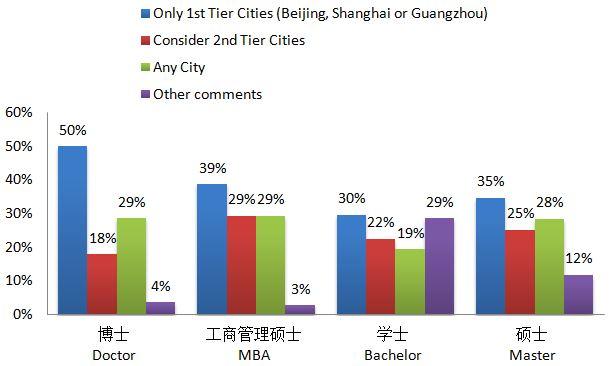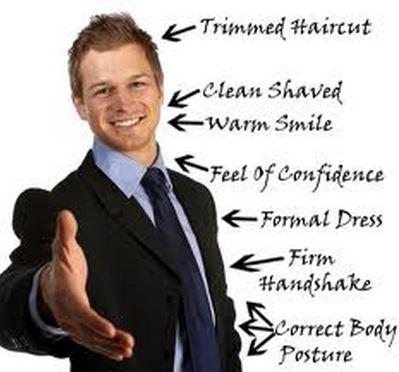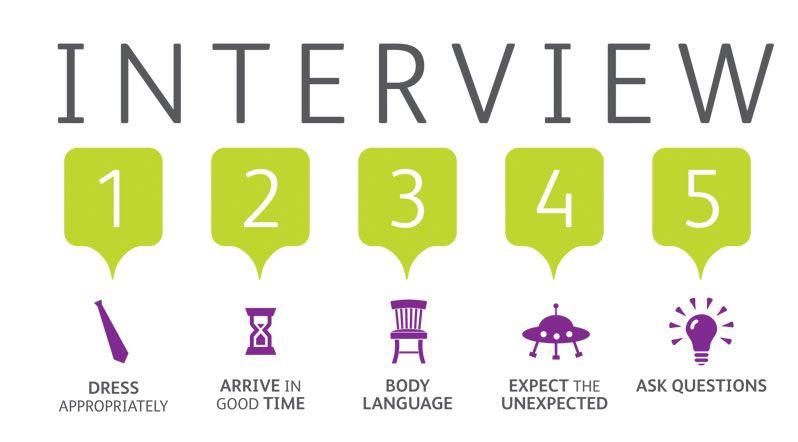
In recently years, the heated topics like “escape from Beijing, Shanghai and Guangzhou”, “second and third tier cities turn into new work stage”, and “escape to Beijing, Shanghai and Guangzhou” etc. become heated discussion. For quite a long time lots of people follow others like sheep running away from big cities. However, soon they find out that they are wrong. Crowds of migrant workers come back to Beijing, Shanghai and Guangzhou. According to the latest survey, nowadays people choose the location they for their career development more rationally and reasonably than before. They think about the location based on the city environment and self-development space. China Talents-Flow Survey 2013 (TFS 2013) conducted by RMG Selection just release in November. Nearly 4000 people responded to this report about the talent trend and talent flow in China. The result shows that how different types of talent consider work location, which actually provides references for companies who want to seek for and retain excellent people in different cities.
According to TFS 2013, though 35% elites choose to stay in first tier cities (Beijing, Shanghai and Guangzhou), the proportions of people choose tier 2 and tier 3 cities increase quite significantly. The data show that 53% respondents consider relocating in second and third tier cities. Some even would like to move further to fourth tier cities. I have to say the result is closely related to the economic development. In particular, the percentage of people who consider moving to second tier cities increased 16% compare to the data in TFS 2012-2013. In this regard, employers who made investment in second tier cities might usher “talent reward” now. By analyzing the data in terms of gender, age and education background, I have found some interesting rules. I suppose employers can adjust targets and strategies by learning these rules. In this way, they can recruit comparatively “cost effective” employees.

- Gender
Let’s take a look from the angel of male and female. The percentage of female who choose to stay in first tier cities is 10% higher than the number of male. On the one hand, women have higher standards toward comfortable life than men. Industries in first tier cities are low in physical demands, job hazard and contamination, which obviously better fit the needs of female. Working in first tier cities also ensures the fairness in competition between male and female. However, it can be seen that the percentage of male who choose to work in any city is 32%. Comparatively, either from the viewpoint of physiology or psychology, men is stronger than women in the three aspects. On the other hand, Chinese hasn’t defined the role to female as full time “hired guns”. Traditional Chinese require women taking care of children and senior family members better than men, which to a large extent, limits the possibility of developing their career in desired cities. However, the sharp rising of second tier cities and the fast mind-changing make Chinese women capable, intelligent and skilled, which allow them to compete fairly with Chinese men.

- Age
Career development varies in different age groups. Therefore, the choice toward working location varies in different age groups. The willingness of going to first tier cities is inversely proportional to age. To be specific, the younger they are, the longer they would like to strive for life in big cities. Although the housing prices in big cities increase sharply, fresh graduates do not seem to care the living standards. Some of them do not even mind lower traffic, food, or clothing standards. These young graduates prefer to work hard and bear more pressure for a bright future. With the increase of age, expenses on marriage, medical care and education increase gradually. The high cost of living in first tier cities becomes very obvious. This is also the reason why some people at their age of 30 want to go to other cities. The age group from 18 to 35 has a relatively weak wish to move to other cities. People’s move shows up after they are 45 years old. Part of the reason is that people who are over 45 are less affected by family members. They can choose to move based on their career and preference. Additionally, some job opportunities are only available for people over 45. To get more choices, people will make concessions on location. However, employers need to bear it in mind that people who are over 45 still get 10 years time of golden career. Their experience is relatively mature. Actually, they might be good choices for employers.

- Education background
It can be seen in TFS 2013 that the higher education background people have the higher proportion of staying in first tier cities it is. The lower education background people have the higher proportion of going to any city. There are 50% of people with doctor degree choose to stay in first tier city, which is 20% higher than bachelor degree respondents. One third of respondents with bachelor degree don’t mind to move to any city. However, the choice only accounts for 30%-40% among doctor degree and MBA people. In this regard, it can be seen that first tier city is very attractive to people with high education background. However, high education background does not equal to strong ability or high productivity. Therefore, employers in other cities should not hold the grudge.

Retain talent vs. Attract talent
In general, we can clearly see the attractiveness for different people in different regions. On the one hand, there are crowds of fresh workforce in first tier cities, which means employers can choose excellent people in these cities. On the other hand, big cities attract a lot more high-end people, so employers have variety of choices. What worth noticing is that if you want to make talent stabilized and attract potential talent, you need to pay attention to cost of living in the city and working environment. In this regard, we have two solutions. First, hiring with quality payment. Some companies actually already started to increase salary and benefits. For example, in 2014 Huawei will increase the base salary level of fresh graduates. Salary before tax of a first tier city graduated student will be increased from 6500 Yuan to over 9000 Yuan. The salary level of master degree people will be increased from 8000 Yuan to more than 10,000 Yuan before tax. Second, improve working environment. Companies should prepare air purifiers especially when the buildings don’t have such machines. Additionally, healthcare check and healthcare products should be prepared, which will exert positive effects on retaining talent.
Employers in tier 2 and 3 cities actually are prioritized in choosing talent aged between 30 to 35 years old. In particular, people with rich experience and hard working. It’s a good opportunity to attract those people to second tier cities. People who aged between 45 to 55 years old already have good connections and resource accumulation. In this regard, if employers hire this type, they will certainly get lots of benefits. About people with high education background, male is easier and more stable choice. So helping them with relocation is very effective as well.
Regardless of big cities or small cities, people should carefully choose where they want to work. Both first tier cities and other cities have advantages and disadvantages in economic development, living environment and job opportunity. Only if people can find the most suitable one can they work and live happily ever after. As for government and company, they should focus on providing more development opportunities, improving better work environment and life for employees. Despite of running away from Beijing, Shanghai and Guangzhou or keeping staying there, it helps with the talent flow among cities. Talent flow is good for equal competition and development as well as the talent resource distribution.
By Robert Parkinson, CEO & Founder of RMG Selection Article published on Business Tianjin






